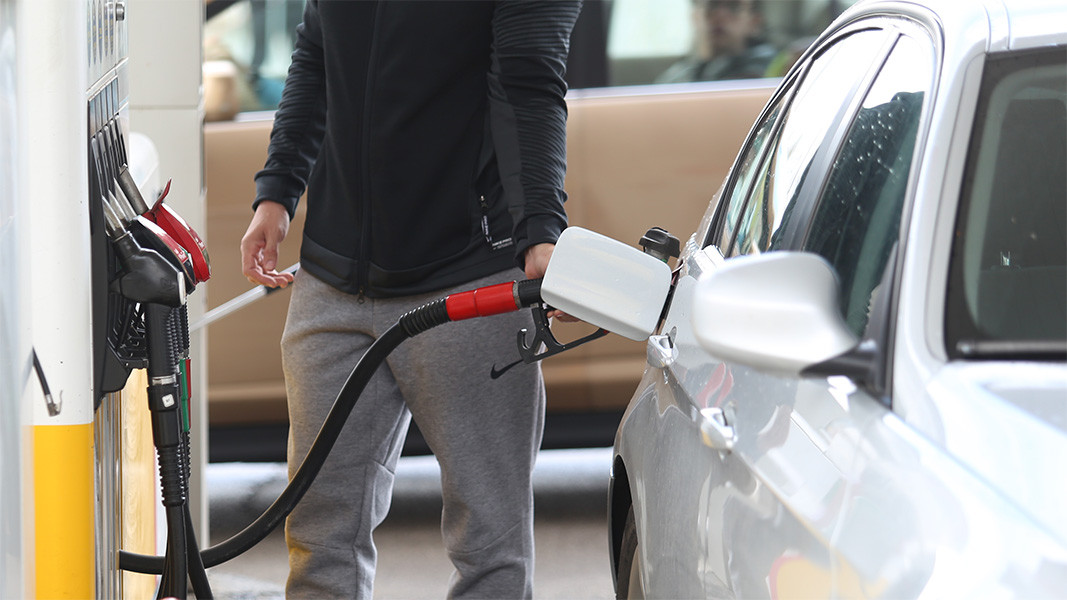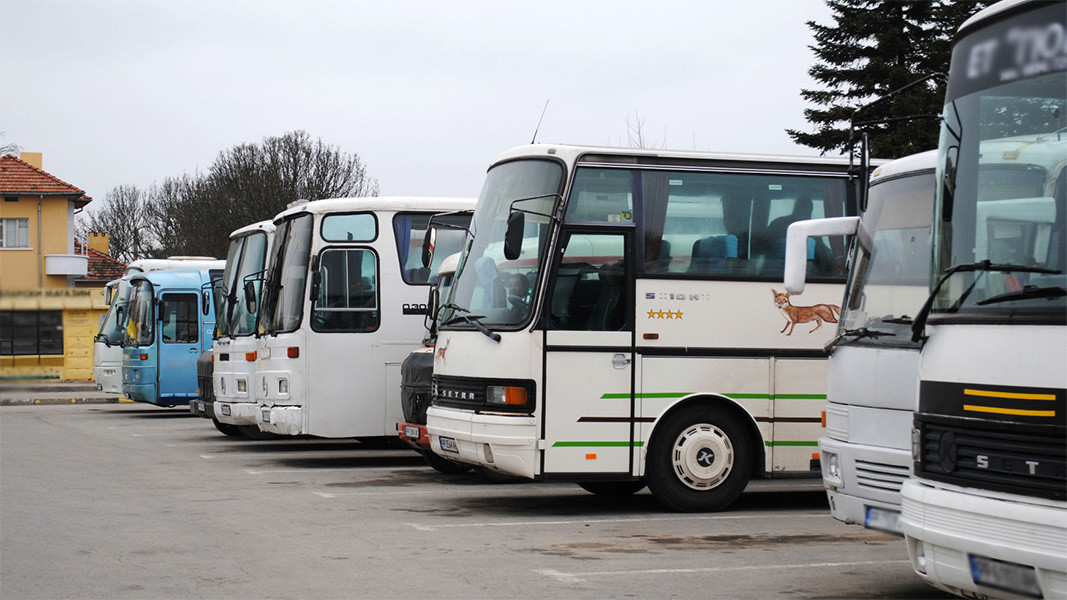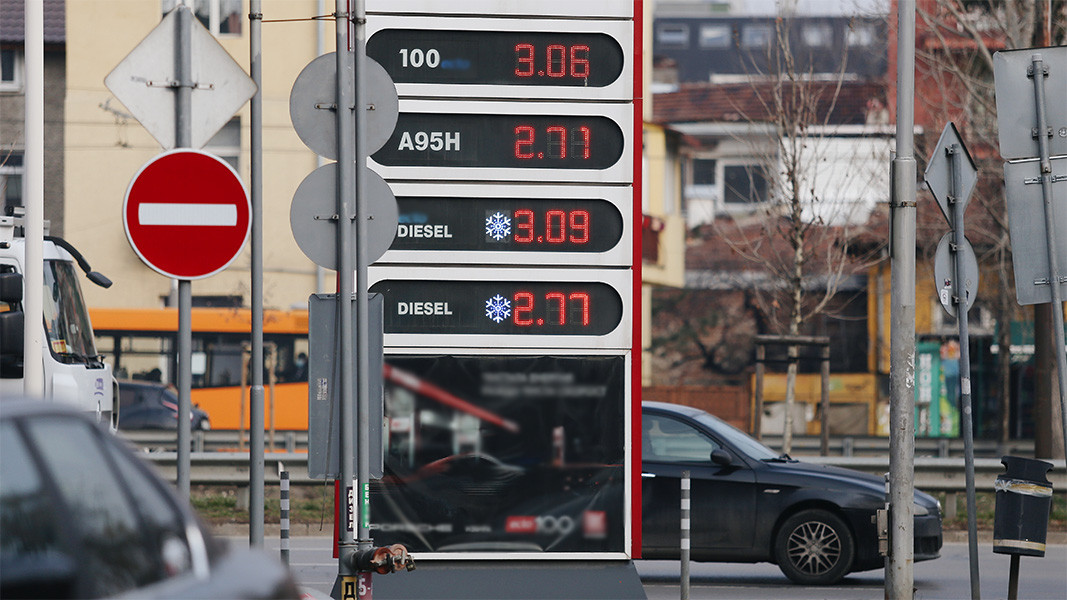A survey by German automobile club Automobilclub von Deutschland, one of the biggest in the country, shows that current fuel prices in Bulgaria are among the highest in Europe in comparison with the standard of living. Bulgaria is in third position in these negative rankings, after the Netherlands and Norway, where prices stand at EUR 2.34 and EUR 2.30 per liter of petrol and diesel respectively. For the time being, fuel is cheapest in Hungary, at EUR 1.28 per liter. Businesses in Bulgaria promised the government they would keep fuel prices at some of the lowest levels in Europe (А95-BGN 2.95, diesel - 3.11 BGN), but whether they are affordable for the public is quite another matter. The survey by the German experts shows how long people in given European countries have to work to buy one liter of the most widely used petrol. For the average German that time is around 12 minutes, i.e. a little below the average for the 30 countries included in the survey which is 18 minutes. But in countries like Bulgaria, Romania and Latvia, that time ranges between 32 and 43 minutes, putting them firmly at the bottom of the rankings.
That is why alongside the war in Ukraine, prices are the other topic at the focus of public attention in this country. Though not the only cause, the war raging just 1,000 kilometres from Bulgaria and the insecurity it breeds are having a serious effect on the fluctuation of the prices of a number of commodities, among them fuels. The rise in prices is hitting carriers, as well as owners of small and medium-sized petrol stations which are not part of big petrol station chains really hard.

“We, bus service operators, have contracts under the Public Procurement Act, and we have to strictly abide by their clauses,” Vasil Pironkov, chairman of the board of the Bus Carriers Chamber said in an interview with BNR-Plovdiv. “We were right to demand that part of the excise duty be reduced – that 50% of it be given as compensation. At the same time the biodiesel supplement should be scrapped which would allow the price to go down by about 10 stotinki per liter,” Pironkov said, and added that they have proposals regarding methane carriers who will suffer losses as methane has no excise duty and its price has doubled.
The biggest problem small and medium-sized fuel traders face is connected with the small differenecs there are between wholesale and retail prices. This means they have to work at a minimum profit, or almost at a loss.

“Some traders are unable to cope with these prices. If this tendency holds, some will go bankrupt. Because their turnover is higher, the big chains will hold out, but the truth is that we have not seen such small margins between wholesale and retail prices for a very long time,” Andrey Delchev, Executive Director of the Bulgarian Petroleum and Gas Association explained in an interview with Nova TV. “If prices on international markets start going down, prices in Bulgaria will follow because some trader is bound to import cheaper fuel and start selling it.”

Andrey Delchev says that the worst-case scenario is for fuel prices to continue to go up, especially if there is a ban on the import of crude oil from Russia – because crude oil is what the refinery in this country works with, or if the chain of crude oil supply from neighbouring countries is disrupted. “However, there are no such indications for now,” he adds.
Compiled by Yoan Kolev
The real estate market in Bulgaria has steadily been growing in the past few years. There has been talk of a price bubble, inflated to serious proportions at the time of the pandemic, though expectations that it is going to burst have come to nothing...
One of the key steps in the expansion of the underground gas storage at Bulgaria's Chiren gas storage facility, the construction of the above-ground infrastructure and the installation of new compressors, has already been completed, Energy Minister..
Transformation – this is the word that most accurately describes the current state of the Bulgarian industry. According to an analysis of sectoral data for the period from 2008 to the beginning of 2024, made by the Institute for..
The pig meat sector in Bulgaria is showing signs of growth. This was announced at the International Forum "Modern Trends in Pig Farming: Scientific,..

+359 2 9336 661
